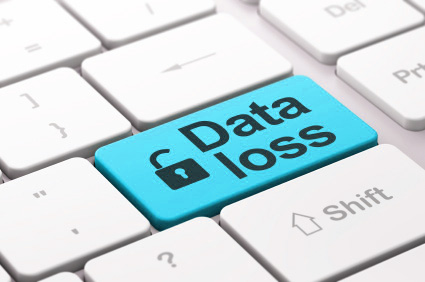By Roland P. Meyers
If you are a small business owner and you are still hesitant to move your data to the cloud and business operations, it’s time to hand over your Luddite card and move into the 21st century.
Sure, it’s a bit of a philosophical leap for business owners who cut their entrepreneurial teeth on the old school “paper and file cabinet” approach to fully embrace the power of cloud computing, but any business that is not adapting to the needs of the information age has no chance to compete in today’s business client. Businesses need to be able to harness all the data available to them, at a moment’s notice – and this just isn’t possible with 20th century tools.
But while the business world has leapt into the Cloud Age with reckless abandon in recent years, there remains some considerations that small companies need to keep in mind. Accessing data is crucial, but so is data security. If your business relies heavily on the power of modern information, it is paramount that data recovery options are investigated – BEFORE it is too late.
With this in mind let’s take a look at some other cloud computing considerations:
Do Your Research on Security Requirements
With industries like banking and healthcare, the government or industry regulations may dictate that standards for how your electronic data is stored and handled. Some businesses may not even be able to use cloud services or are required to have their data stored in a server within your country’s borders. Make sure both you and the cloud provider are willing to adhere to any necessary regulations or you could get in big trouble.
Research the Potential Provider’s Methods
For some people talking to the IT pros can be intimidating but it always important to make sure you understand every aspect of the service they are providing you. Ask about the data centers. What happens if one is damaged or destroyed? Will there be more than one data center? How many different places will store one? What sort of reporting/check-ins does the provider do? Will they notify you in case of a breach? All of these are important questions to research and ask potential providers about.
Determine Who Will Have Access to Server Data Outside of Work
So many security breaches or system compromises occur because people are using an unsecure connection to access important data or messing with unsafe applications. Determine which employees will have access to more secure information and plan to have certain files encrypted just in case.
Read and Study the Cloud Security Alliance Guidance Document
The CSA (Cloud Security Alliance) has released a guide for companies who are new to the cloud. Study it and be sure to understand the major aspects of operating in the cloud before making a final decision.


















No Comments
Leave a comment Cancel